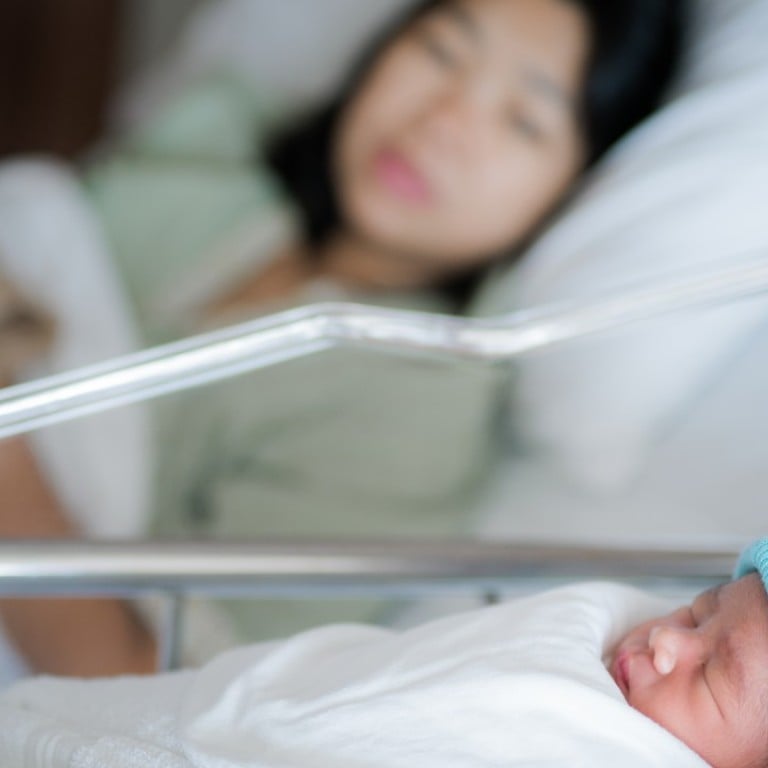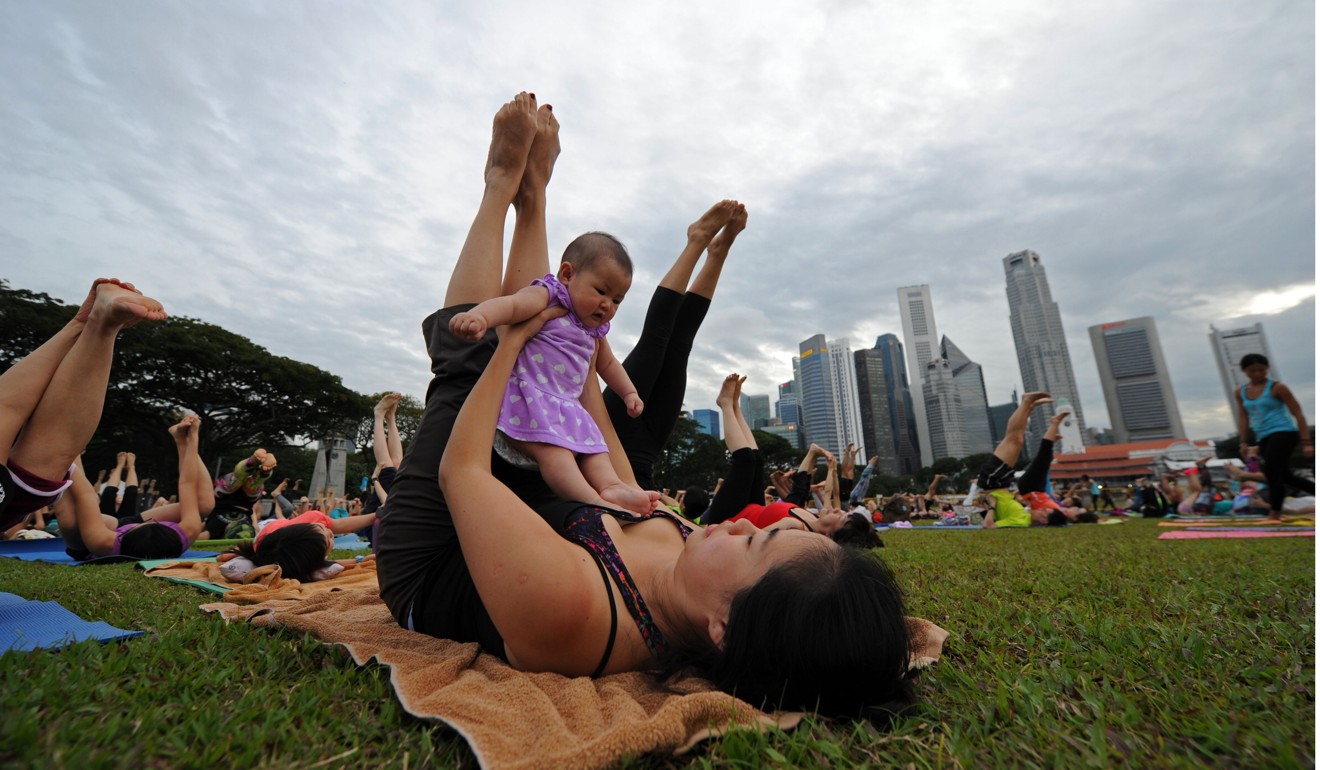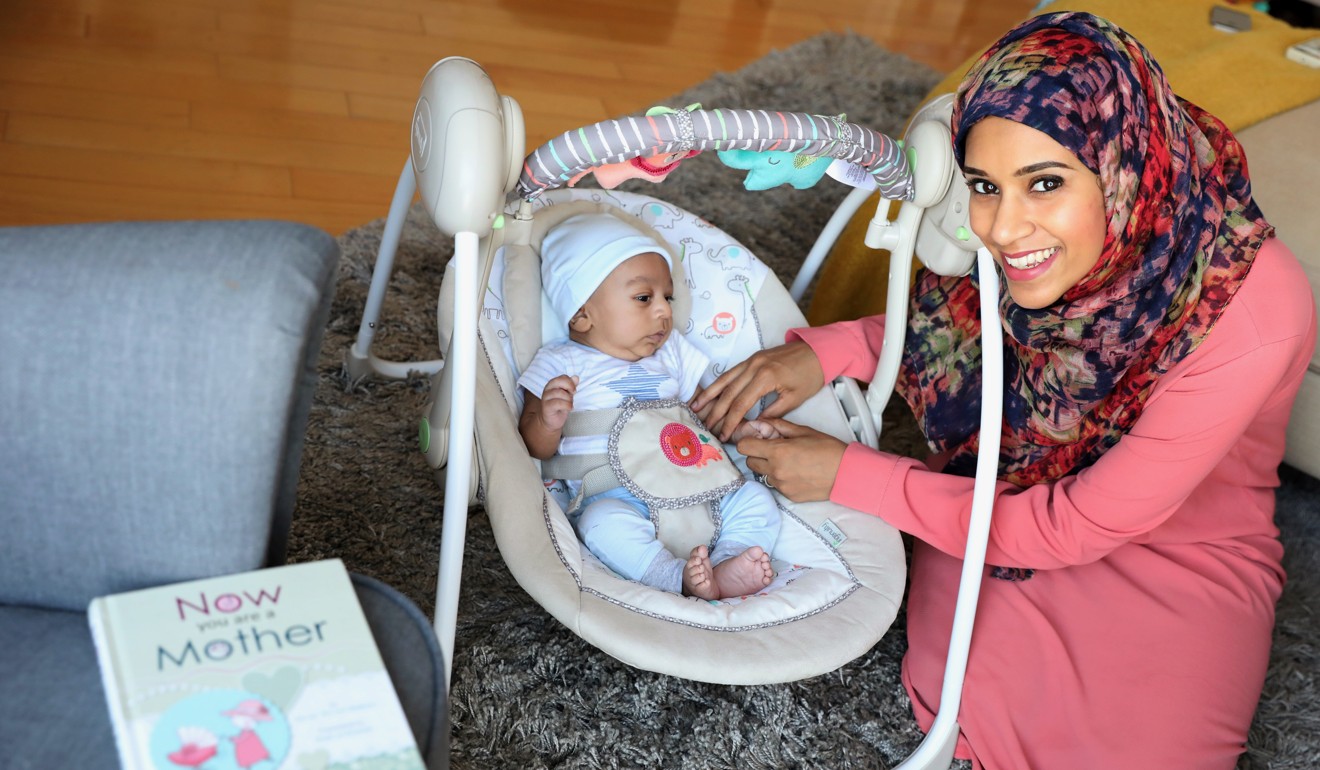
More maternity leave is welcome but will not bridge the gender gap unless women are offered options
But do I feel more motivated to have another child? Do I feel more equal to men in work and life? I’m not so sure.
My employer will be subsidised by the government for the extra weeks, so my boss would be somewhat neutral. However, my coworkers might complain because they would need to cover me for four extra weeks. My competitor for my next promotion will be celebrating. My husband will make excuses not to do his share for four more weeks.
So, ironically, this policy makes me less equal to men.

Many provinces in mainland China have increased their maternity leave provisions to five to six months, but the country still ranks at 100 on the Global Gender Gap Index. Unfortunately, Hong Kong was not separately assessed in this report.
So while the length of maternity leave matters, it does not matter the most. Hong Kong should not get away with stopping at the easy answer. I would suggest two measures that would enable Hong Kong to improve.
First, women should be allowed to spread out part of their maternity leave. Women advance when they are offered options and can choose what they truly want, not being told how long they must stay home for maternity leave.

Can Hong Kong bridge maternity leave gap without riling businesses?
If paternity leave can be extended to a month – and even better, if maternity leave can be transferred to paternity leave – women would truly have something to celebrate. This would motivate me to have another child more than an extension of maternity leave.
I hope women in Hong Kong won’t need to wait another 48 years to see these changes.
Nancy Guan, Causeway Bay

